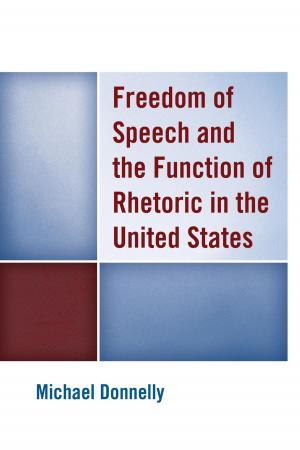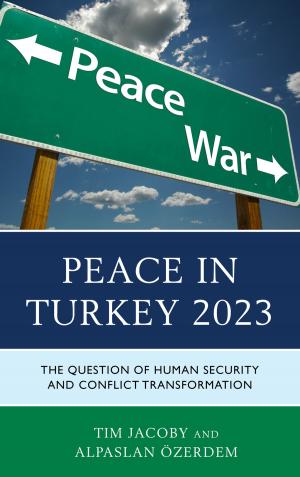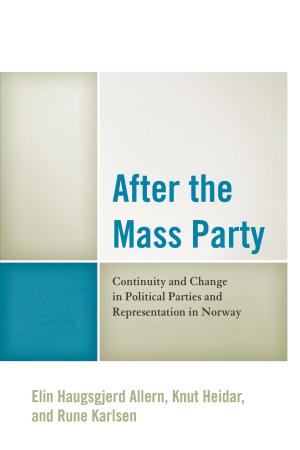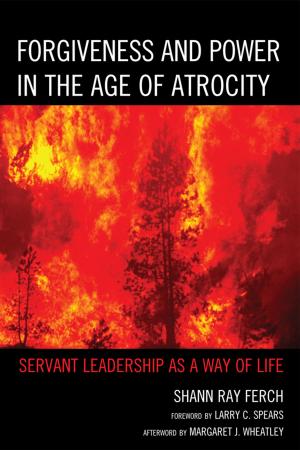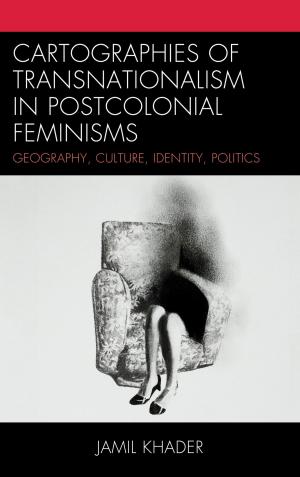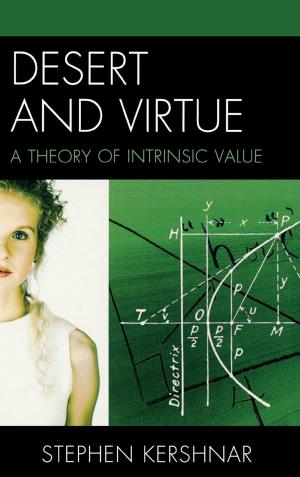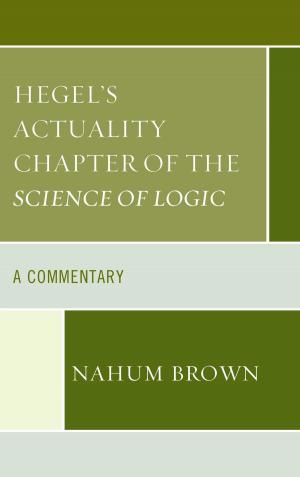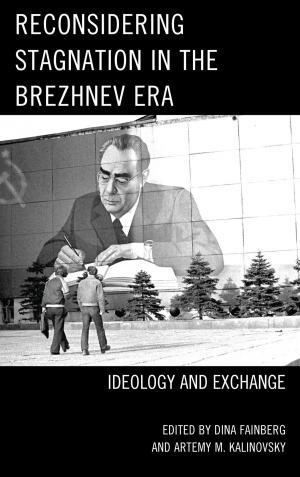Wittgenstein at the Movies
Cinematic Investigations
Nonfiction, Religion & Spirituality, Philosophy, Aesthetics, Entertainment, Film, History & Criticism, Performing Arts| Author: | Steven Burns, Andrew Lugg, William Lyons, Michael O'Pray, William C. Wees, Daniel Steuer, Research Fellow at the Centre for Applied Philosophy, Politics and Ethics, University of Brighton | ISBN: | 9780739148877 |
| Publisher: | Lexington Books | Publication: | March 24, 2011 |
| Imprint: | Lexington Books | Language: | English |
| Author: | Steven Burns, Andrew Lugg, William Lyons, Michael O'Pray, William C. Wees, Daniel Steuer, Research Fellow at the Centre for Applied Philosophy, Politics and Ethics, University of Brighton |
| ISBN: | 9780739148877 |
| Publisher: | Lexington Books |
| Publication: | March 24, 2011 |
| Imprint: | Lexington Books |
| Language: | English |
Ludwig Wittgenstein loved movies, and based on his remarks on watching them, there is a strong connection between his experience of watching films and his thoughts on aesthetics. Furthermore, however, Wittgenstein himself has been invoked in recent cinema. Wittgenstein at the Movies is centered on in-depth explorations of two intriguing experimental films on Wittgenstein: Derek Jarman's Wittgenstein and PZter ForgOcs' Wittgenstein Tractatus. The featured essays look at cinematic interpretations of Wittgenstein's life and philosophy in a manner bound to provoke the lively interest of Wittgenstein scholars, film theorists, and students of film aesthetics. As well, the book engages a broader audience concerned with philosophical issues about film and Wittgenstein's cultural significance, with the world of fin-de-si_cle Vienna, of Cambridge in the first half of the twentieth century, of artistic modernism.
Ludwig Wittgenstein loved movies, and based on his remarks on watching them, there is a strong connection between his experience of watching films and his thoughts on aesthetics. Furthermore, however, Wittgenstein himself has been invoked in recent cinema. Wittgenstein at the Movies is centered on in-depth explorations of two intriguing experimental films on Wittgenstein: Derek Jarman's Wittgenstein and PZter ForgOcs' Wittgenstein Tractatus. The featured essays look at cinematic interpretations of Wittgenstein's life and philosophy in a manner bound to provoke the lively interest of Wittgenstein scholars, film theorists, and students of film aesthetics. As well, the book engages a broader audience concerned with philosophical issues about film and Wittgenstein's cultural significance, with the world of fin-de-si_cle Vienna, of Cambridge in the first half of the twentieth century, of artistic modernism.

